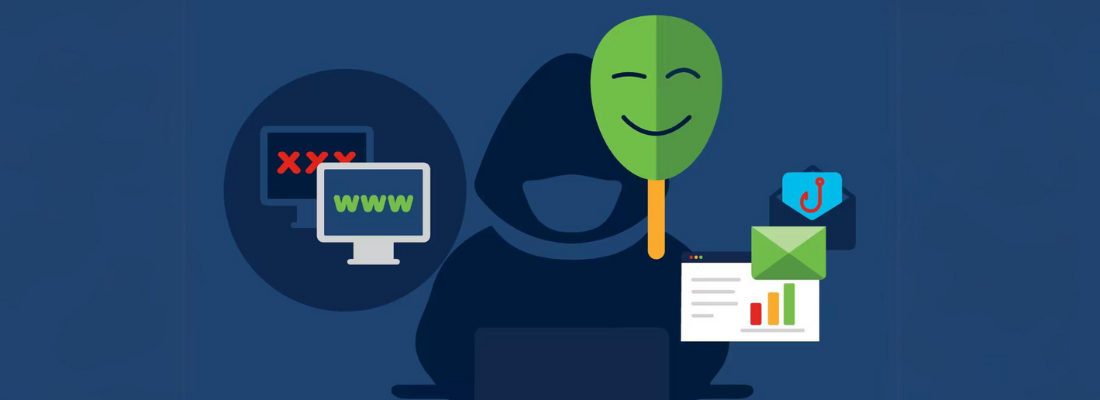Safeguard Your Finances
Feb 2, 2024

In our digitally connected world, protecting your financial information is crucial. While enjoying the convenience of online transactions, it's essential to stay vigilant against evolving scams. One prevalent threat is spoofing, where scammers deceive individuals and organizations through various channels.
To shield yourself from spoofing, be cautious and verify any communication, especially those requesting sensitive information. Confirm the legitimacy of emails, calls, or messages independently by contacting the sender through official channels. Use strong, unique passwords and enable two-factor authentication for enhanced security.
Now, let's explore five common spoofing tactics and essential tips to protect yourself:
1. Caller ID Spoofing: Scammers manipulate caller ID information, making calls seem reputable. Protect yourself by verifying the caller's authenticity through official channels. Remember, genuine institutions won't pressure you for sensitive information over the phone.
2. Email Spoofing: Fraudulent emails mimic legitimate sources. Exercise caution with unexpected emails, verify the sender, and check email content authenticity before taking any actions that compromise security.
3. Website Spoofing: Scammers create counterfeit websites resembling legitimate ones. Always double-check the URL and verify a website's legitimacy before providing any sensitive information.
4. Text Message Spoofing: Be cautious with unsolicited text messages, especially those requesting sensitive information. Delete and block unknown numbers. Verify the sender's identity independently before taking any action.
5. Social Media Spoofing: Fake social media profiles impersonate real individuals or organizations. Be cautious with unknown profiles, verify authenticity, and avoid sharing personal information through direct messages.
Preventing Spoofing:
- Verify the legitimacy of emails, calls, or messages before taking any action.
- Use strong, unique passwords and enable two-factor authentication.
- Stay informed about the latest scam tactics and phishing techniques.
- Never share sensitive information through unsolicited emails, texts, or calls.
Tracing a spoofed call is challenging, but staying cautious and taking preventive measures is key. Stay informed, be cautious, and always verify the authenticity of communications. Protecting your financial well-being is our priority at Rally Credit Union.
If you were scammed or think you saw a scam, report it to the Federal Trade Commission.